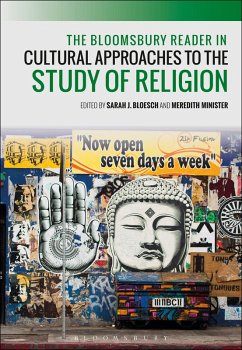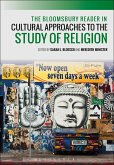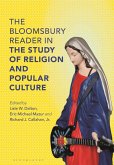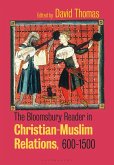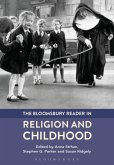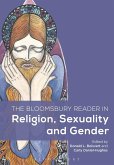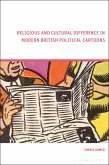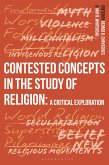This is the first reader to gather primary sources from influential theorists of the late 20th and early 21st centuries in one place, presenting the wide-ranging and nuanced theoretical debates occurring in the field of religious studies. Each chapter focuses on a major theorist and contains:
· an introduction contextualizing their key ideas
· one or two selections representative of the theorist's innovative methodological approach(es)
· discussion questions to extend and deepen reader engagement
Divided in three sections, the first part includes foundational comparative debates:
· Mary Douglas's articulation of purity and impurity
· Phyllis Trible's methods of reading sacred texts
· Wendy Doniger's comparative mythology
· Catherine Bell's reimagining of religious and secular ritual
The second part focuses on methodological particularity:
· Alice Walker's use of narrative
· Charles Long's critique of Eurocentricism
· Caroline Walker Bynum's emphasis on gender and materiality
The third section focuses on expanding boundaries:
· Gloria Anzaldúa's work on borders and languages
· Judith Butler's critique of gender and sex norms
· Saba Mahmood's expansion on the critique of colonialism's secularizing demands
Reflecting the cultural turn and extending the existing canon, this is the anthology instructors have been waiting for.
For further detail on the theorists discussed, please consult Cultural Approaches to Studying Religion: An Introduction to Theories and Methods, edited by Sarah J. Bloesch and Meredith Minister.
· an introduction contextualizing their key ideas
· one or two selections representative of the theorist's innovative methodological approach(es)
· discussion questions to extend and deepen reader engagement
Divided in three sections, the first part includes foundational comparative debates:
· Mary Douglas's articulation of purity and impurity
· Phyllis Trible's methods of reading sacred texts
· Wendy Doniger's comparative mythology
· Catherine Bell's reimagining of religious and secular ritual
The second part focuses on methodological particularity:
· Alice Walker's use of narrative
· Charles Long's critique of Eurocentricism
· Caroline Walker Bynum's emphasis on gender and materiality
The third section focuses on expanding boundaries:
· Gloria Anzaldúa's work on borders and languages
· Judith Butler's critique of gender and sex norms
· Saba Mahmood's expansion on the critique of colonialism's secularizing demands
Reflecting the cultural turn and extending the existing canon, this is the anthology instructors have been waiting for.
For further detail on the theorists discussed, please consult Cultural Approaches to Studying Religion: An Introduction to Theories and Methods, edited by Sarah J. Bloesch and Meredith Minister.

